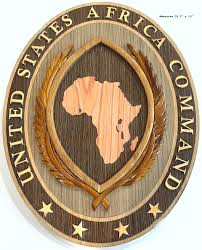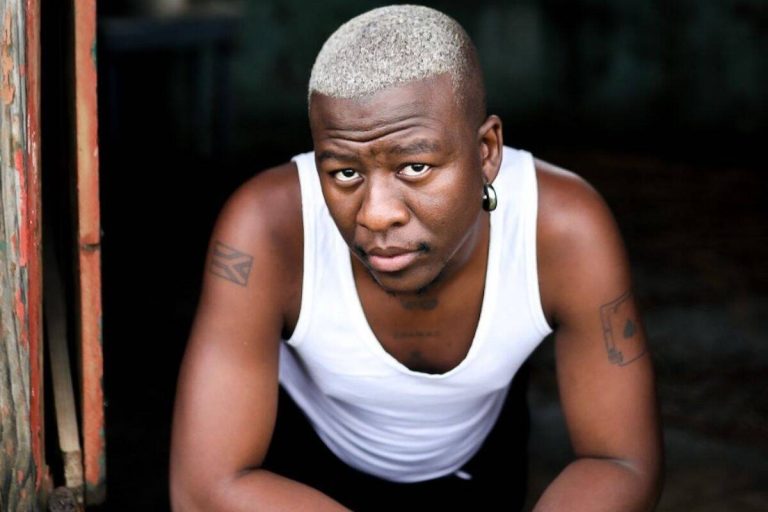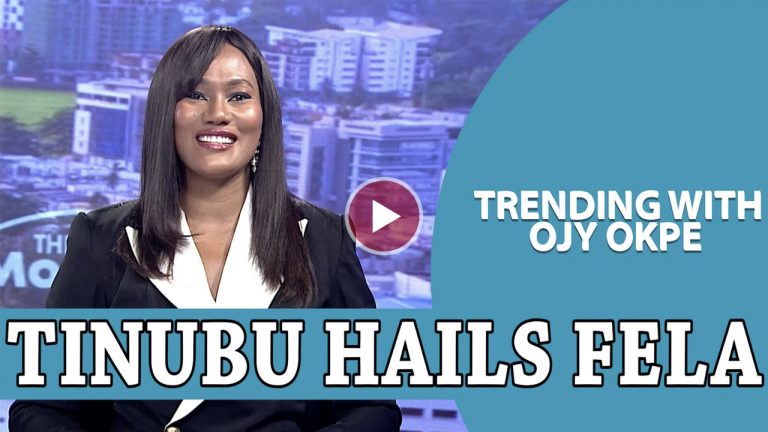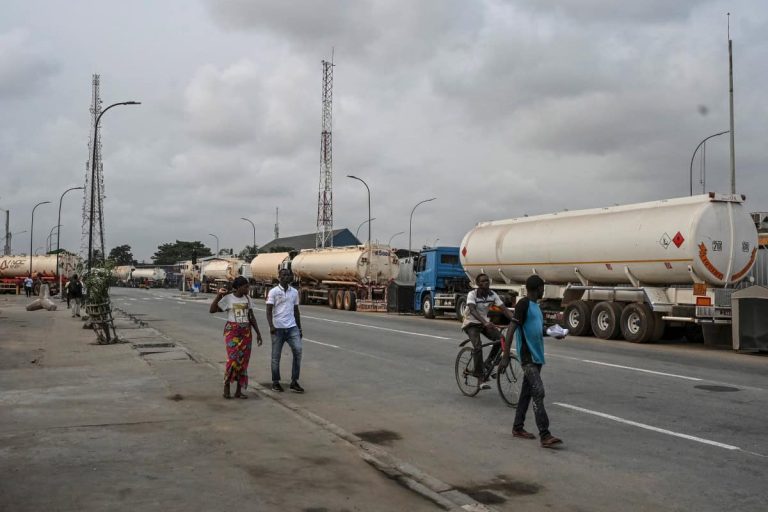U.S. Orders AFRICOM to Draft Nigeria Intervention Options After Trump’s Warning
Following President Donald Trump’s directive, the U.S. Africa Command (AFRICOM) has begun drafting military response options for possible intervention in Nigeria amid rising insecurity and religious tensions. According to a CNN report monitored in Lagos, AFRICOM submitted three proposals to the Pentagon, heavy, medium, and light, outlining potential levels of engagement. The heavy option includes …

Following President Donald Trump’s directive, the U.S. Africa Command (AFRICOM) has begun drafting military response options for possible intervention in Nigeria amid rising insecurity and religious tensions.
According to a CNN report monitored in Lagos, AFRICOM submitted three proposals to the Pentagon, heavy, medium, and light, outlining potential levels of engagement. The heavy option includes deploying a carrier strike group to the Gulf of Guinea for possible airstrikes in northern Nigeria. The medium plan focuses on drone operations supported by U.S. intelligence, while the light option prioritizes intelligence sharing and joint operations with Nigerian forces.
Pentagon officials, however, cautioned that limited drone or airstrike campaigns would have minimal long-term effect without broader regional engagement.
Reacting, Nigeria’s Minister of Information, Mohammed Idris, rejected allegations of Christian persecution, insisting the country faces terrorism, not religious conflict. “Both Christians and Muslims suffer,” he said, describing Nigeria’s inclusion in the U.S. “Countries of Particular Concern” list as “inaccurate and misleading”.
China also warned against foreign interference, saying no country should use religion or human rights as excuses for intervention.
President Trump, speaking aboard Air Force One, reaffirmed his readiness to act against what he called “mass killings of Christians” in Nigeria, while Washington officials debate the scale and timing of any move.
In Abuja, Presidential Adviser, Daniel Bwala said Nigeria welcomes cooperation against terrorism but only within its sovereignty, stressing that “any operation would require a bilateral agreement, not unilateral action”.



